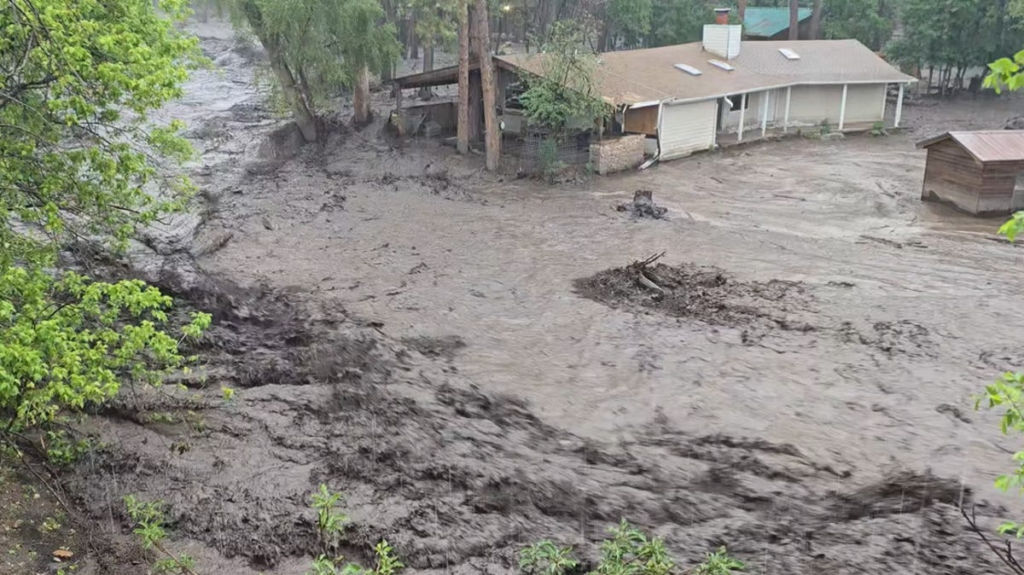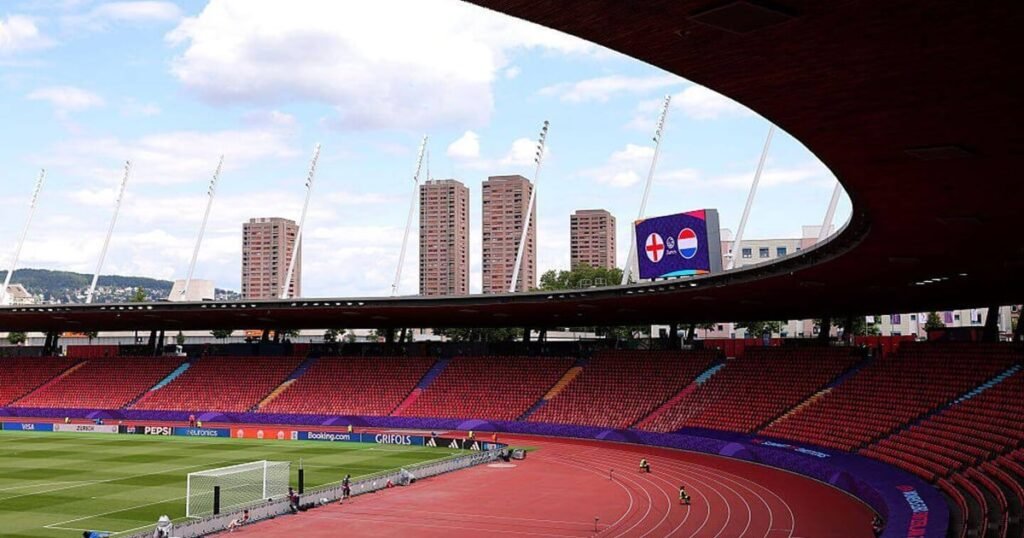Now Reading: BREAKING NEWS: Marblehead voters overturn multifamily housing zoning
-
01
BREAKING NEWS: Marblehead voters overturn multifamily housing zoning
BREAKING NEWS: Marblehead voters overturn multifamily housing zoning

Marblehead voters Tuesday overturned state-mandated multifamily housing overlay districts approved at May’s Town Meeting, with 6,393 of 16,732 registered voters turning out to reject the measure 3,642 to 3,297 (52.5% to 47.5%), surpassing the 3,347 votes needed for repeal and winning by a margin of 345 votes.
The result nullifies zoning changes Town Meeting approved 951-759 on May 6, placing Marblehead in non-compliance with the Massachusetts Bay Transportation Authority Communities Act after a July 14 state deadline. The referendum marked the first successful use of Marblehead’s 1954 Special Act allowing citizen petitions to challenge select Town Meeting decisions.
“The voters have spoken and as a Select Board we will have to figure out how to move forward under the state’s constraints of being non-compliant with 3A,” Select Board Chair Dan Fox told the Current shortly after the results were tallied.
Marblehead Housing Coalition Chair Peirce Law told the Current, “This is not the outcome we were hoping for today, but our work is not finished. Long-term noncompliance is not an option, and we fear for the repercussions that Marblehead may soon face. The Marblehead Housing Coalition will continue to pursue better housing options for the people that make us this great community.”
Attorneys Yael Magen and John DiPiano successfully petitioned for the special election after Town Meeting’s approval.
“My goal was to get it on the ballot, provide information and let the democratic process play out,” DiPiano said. “That has now happened, and Marblehead will have to find its way through the next step in this journey.”
Tuesday’s vote came despite legal challenges to the MBTA Communities Act itself failing in state courts. Superior Court Justice Mark Gildea dismissed a lawsuit by nine municipalities in June arguing the law constituted an “unfunded mandate,” and the Massachusetts Supreme Judicial Court upheld the act’s constitutionality in January.
The MBTA Communities Act, signed into law in January 2021 with broad bipartisan support, requires 177 cities and towns served by or adjacent to MBTA transit to create zoning districts where multifamily housing can be built “as of right” without special permits. The law aims to address the state’s acute housing shortage by encouraging denser development in locations already served by public transportation infrastructure. As a community adjacent to municipalities with commuter rail stations, Marblehead falls under this state mandate.
The Healey-Driscoll Administration told the Current on Tuesday that 139 of 177 MBTA communities — 79 percent — have now approved as-of-right multifamily zoning, many for the first time in decades. The law has already generated nearly 4,200 units in the development pipeline across newly created multifamily districts statewide. In March, the administration awarded $8.7 million in MBTA Community Catalyst Funds to unlock up to 2,332 new units across participating communities.
Article 23 would have created overlay districts spanning approximately 58 acres across three specific areas: Pleasant Street near the town center, an eight-acre section along Broughton Road that includes Marblehead Housing Authority properties, and a 29-acre area on Tioga Way with capacity for up to 483 units including existing developments and underutilized office buildings. The zones would have permitted housing at 15 units per acre and accommodated up to 897 units, though officials noted approximately 360 multifamily housing units already exist within the proposed districts.
Tuesday’s outcome places Marblehead among the 38 communities that have not yet achieved compliance with state law, risking loss of eligibility for competitive state grant programs potentially worth over $10 million through fiscal year 2026 for projects including the Village Street Bridge replacement and coastal resiliency work. While the Healey-Driscoll Administration has provided over $7.8 million in technical assistance and grants to 157 MBTA communities, non-compliance may trigger legal action from the Attorney General’s Office or court-appointed intervention imposing zoning changes without local input.
Magen indicated she would petition the Select Board to file an exemption and negotiate with the state for reduced housing unit requirements, citing Marblehead’s unique landscape constraints and high existing density compared to similar communities.
Locally, Tuesday’s historic referendum represented the first use of the town’s 1954 Special Act in its 71-year history, following two days of early, in-person voting that preceded Election Day balloting.
Town Administrator Thatcher Kezer described early voting turnout as “steady.” The special election cost approximately $12,000, funded from the town’s reserve account.
The repeal follows a similar pattern to Milton, where residents overturned their Town Meeting’s multifamily zoning approval in February 2024 by 54 percent to 46 percent. Milton immediately fell out of compliance with state law, losing eligibility for multiple grant programs before Attorney General Andrea Campbell filed a lawsuit that ultimately reached the Massachusetts Supreme Judicial Court.




















































